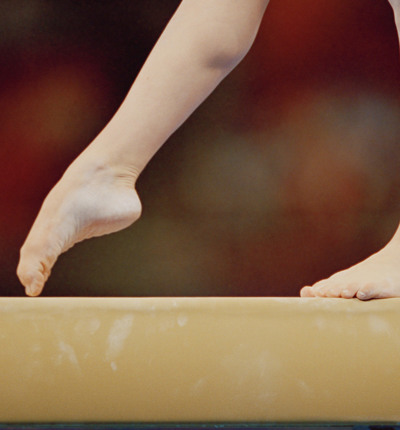
Gymnastics instructor receives compensation after a knee replacement left her with permanent damage
Negligent knee surgery at the William Harvey Hospital has left a woman with chronic pain and other health problems.
Posted on 16 September 2019
A gymnastics instructor, aged 69, known only as L to protect her identity, has settled her medical negligence claim against the William Harvey Hospital in Kent following a knee replacement operation during which she suffered damage to a main artery. At no stage before the surgery was she told that this could have been a consequence of the procedure.
L underwent knee replacement surgery in October 2012 during which she suffered a vascular injury to an artery above her knee. An investigation carried out by the hospital concluded that the injury was caused by overshooting of the saw used during the procedure. After the injury there was a delay in performing a scan to check the state of her blood vessels and tissues in the area.
L instructed the specialist medical negligence team of Leigh Day solicitors to bring a claim against the hospital.
L’s solicitors argued that the negligent surgery had caused a significant injury to L leading to compartment syndrome, permanent muscle and nerve damage. They also alleged that the failure to perform a CT angiography meant there was a delay to L receiving revascularisation surgery.
Expert evidence was obtained from an orthopaedic and vascular surgeon to back up the legal claim and the hospital admitted breach of duty and responsibility for all the problems that arose from the injured artery, including the need for fasciotomy and a skin graft. The orthopaedic surgeon reported that if the error had not happened during knee surgery L would have been an inpatient for two days, would have been able to walk out of hospital, and would have recovered about 80% of the knee’s normal function in three months.
L has been left in chronic pain, with changes to her skin, joint stiffness and poor mobility in the affected limb, particularly in her foot and ankle. She is likely to need regular physiotherapy for the foreseeable future.
The health trust initially offered to settle the claim for £150,000, but following negotiation this offer was increased, and L settled the claim for £185,000 shortly before trial.
Medical negligence solicitor Despina Kavadas said:
“My client’s ability to work as a gymnastics instructor was severely curtailed when her knee surgery did not go according to plan. I hope that the compensation she has received following her injury will allow her to pay for treatments and physiotherapy sessions for as long as she needs.”

